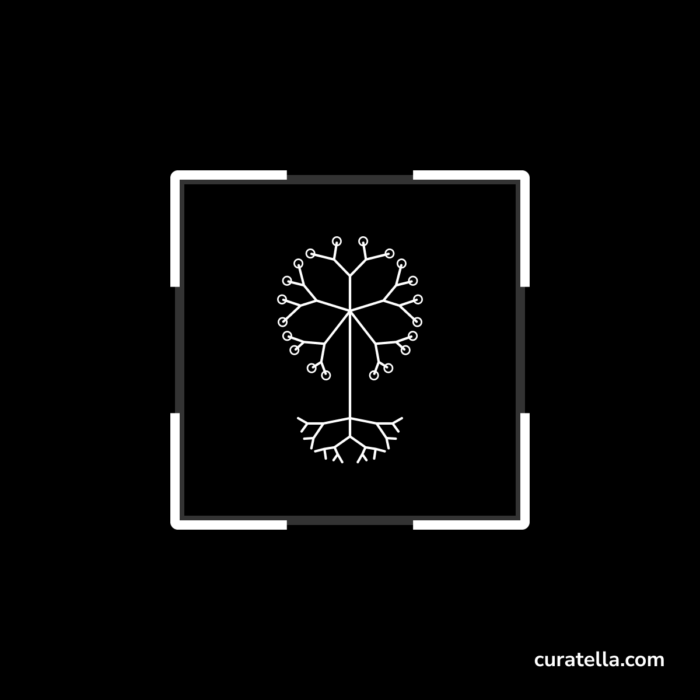I am developing my custom Personal Knowledge Management System. I am focusing on the phase of capturing information into my Knowledge Base. I am questioning my habits to be more conscious about my biases and limitations, and I’ve discovered a better way to feed my Zettelkasten. Keep on reading to discover what I’ve learned this time in my Learning Out Loud experience.
When you save articles to read later without ever reading them, you fall into the Collector’s Fallacy. It happens when it’s easier to click a button to save a web page instead of making an effort to read what’s included in it. Things get worse due to the Mere Exposure Bias. It’s when you acquire familiarity with the name of things without going deep into their meaning. Just by being exposed to the many articles you browse and save, you build the illusion of knowledge.
That’s a problem!
In my old and dead Evernote account, I stacked 10’000 notes in 10 years. Great! You might say. What did I do with it? Zero, nisba, nicht, nada, niente.
I can’t stand it anymore. We, collectors anonymous, will always find other means to hoard useless information. So, now, I am collecting into Notion. The only advantage is that it is free.
Stop, describe your actions, reflect
For the nth time, I fell into this toxic loop and, like under a cold shower, I realized I was about to do it again for another time. With an enormous willpower application, I’ve decided that I would not have proceeded with the crime. I opened a blank document, and I started to “write aloud” the process of capturing information.
I introduced friction in the “save-it-for-later” process and intentional reasoning about why I found that resource engaging.
I applied the famous approach: “go slower to go faster.”
Instead of clicking a button, I’ve forced myself to:
- Copy and paste Title and URL
- Read the actual thing!
- Highlighting, copying, and pasting the resonating quotes.
- Restating the concept found interesting with my own words.
- Further research for links and connection within the same article
- Identification of common themes or meaningful connections with other notes or resources saved in the document.
Less data, more knowledge
I spent about one hour in this detailed, documented information capturing process. I could save only 5 or 6 notes compared to the 50 or 60 I would have done in the mindless old-school way.
But I compiled about ten pages of commented quotes, images, links, reflections, and connections.
That document would be a better material to be split into notes added to my Personal Knowledge Base.
I’ve actually learned something!
In the end, I’ve tried to unlearn the bad habit of saving bookmarks and articles mindlessly with the outcome of hoarding without any productive result. And I’ve started to reeducate myself to a more thoughtful and focused reading of first-hand information sources to be elaborated into better quality material to become well structured and well-connected notes for my PKB.
Lesson learned: when you want to escape from a useless habit, try to document each step you are executing by continuously asking yourself the reasons for your actions. Stop and drop any stage that is not providing meaningful value. Repeat this process until you’ve built a healthy habit of deep critical reading, interpretation, rewriting, and connection. Your Personal Knowledge Management System will improve, a lot.


